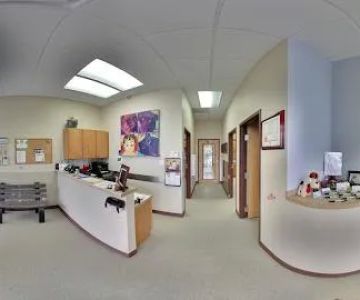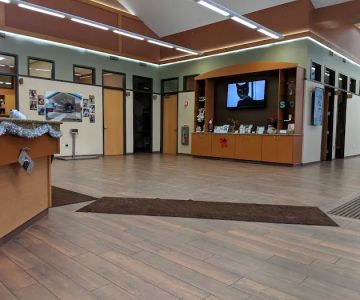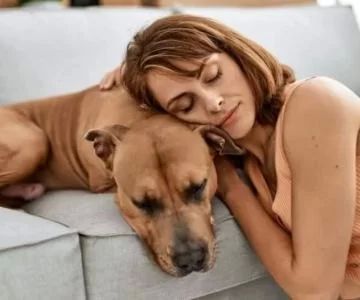- 1 - Understanding Why Dogs Limp After Play
- 2 - Common Minor Injuries From Play Sessions
- 3 - Recognizing Serious Conditions and Red Flags
- 4 - How to Provide Immediate Home Care
- 5 - When to Seek Professional Veterinary Help
- 6 - Preventing Future Playtime Injuries
1 - Understanding Why Dogs Limp After Play
It’s not unusual for a dog to limp after an energetic play session with other dogs. Play often involves chasing, wrestling, and sudden turns, which can put strain on muscles, joints, and ligaments. In most cases, limping results from temporary soreness or a minor strain, but sometimes it can indicate a more serious injury like a ligament tear or fracture. Observing your dog closely after play is essential. Pay attention to whether they put weight on the leg, how they walk after resting, and whether the limp worsens or improves. Understanding these patterns can help determine whether simple rest is enough or if veterinary attention is necessary.
2 - Common Minor Injuries From Play Sessions
Dogs, especially when excited, may twist awkwardly, slip, or overexert themselves during play. Common minor issues include muscle strains, paw pad abrasions, and mild sprains. For example, a young Labrador might come home limping after a day at the dog park, only to recover within a day or two of rest. Sometimes, rough play can also cause nail injuries or bruises from accidental bumps with other dogs. These injuries usually respond well to short-term rest and gentle monitoring. However, even minor injuries can worsen if the dog resumes vigorous activity too soon, so moderation is key in recovery.
3 - Recognizing Serious Conditions and Red Flags
While many cases of a dog limping after playing with other dogs resolve quickly, certain signs indicate a more severe problem. Inability to bear weight on the leg, visible swelling, an abnormal limb angle, or vocalizing when the area is touched may suggest a fracture, ligament tear (such as an ACL injury), or dislocation. For instance, a Border Collie who yelps and refuses to move after colliding with another dog likely needs urgent medical evaluation. Ignoring these signs can lead to long-term joint instability or chronic pain, which can significantly affect your dog’s quality of life.
4 - How to Provide Immediate Home Care
If your dog is limping but otherwise alert and comfortable, initial home care can help. Restrict physical activity for 24–48 hours, offer a soft resting spot, and monitor for changes. You can apply a cold compress for 10–15 minutes at a time to reduce swelling. Avoid giving human medications unless specifically prescribed by your veterinarian, as some can be toxic to dogs. In many mild cases, this short-term rest is enough for improvement. However, if the limp persists beyond two days or worsens, it’s time for a professional assessment at Hidden Brook Veterinary or your local clinic.
5 - When to Seek Professional Veterinary Help
Veterinary care is essential if your dog shows severe pain, sudden inability to walk, or the limp lasts more than 48 hours. X-rays or other diagnostic tests can identify fractures, joint issues, or soft tissue injuries. Early diagnosis often leads to better recovery outcomes. For example, catching a partial cruciate ligament tear early can allow for conservative treatment instead of costly surgery later. Even if the cause is minor, a professional checkup provides peace of mind and ensures your dog’s long-term mobility is protected.
6 - Preventing Future Playtime Injuries
Prevention starts with supervising play and knowing your dog’s physical limits. Dogs with prior injuries or certain breeds prone to joint issues should engage in controlled activities rather than rough, high-impact play. Regular conditioning, maintaining a healthy weight, and providing safe play surfaces can reduce injury risk. Some owners arrange smaller playgroups to avoid overly intense sessions. By combining preventive care with expert advice from Hidden Brook Veterinary, you can keep your dog active and happy while minimizing the chances of limping after play.












